Petrochemical ChemicalRecycling Packaging 05-12-2020 - Arhive
Petrochemical ChemicalRecycling Packaging
-REUSABLE PET BOTTLES FOR MINERAL WATER
It’s considered a design classic in Germany and has won numerous awards since it was introduced in 1969. And it’s said that virtually every German citizen has held one in their hands at some point. We’re talking about what’s commonly known as the ‘pearl bottle’ for mineral water, which is made by Genossenschaft Deutscher Brunnen. This cooperative has been one of ALPLA’s customers in Germany since June 2020. The global expert in innovative plastic packaging produces the reusable PET bottle and the preforms needed for this at its site in Vlotho-Exter.
Pool system for water bottles
Genossenschaft Deutscher Brunnen e.G. (GDB) is a purchasing cooperative with approximately 180 members. It accounts for a good third of total sales in the market of German mineral water producers. GDB provides mineral water producers with everything they need for their operations and organises reusables pools that currently comprise more than a billion bottles and 100 million crates. Within these, there are approximately equal quantities of reusable PET and reusable glass bottles.
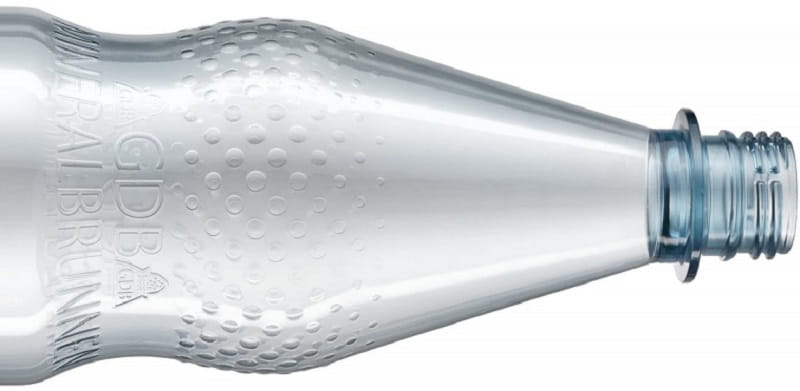
-US PP faces strong demand, tight feedstock supply
US polypropylene (PP) supplies remain extremely tight in the US, especially for copolymer grades, even though a number of hurricane-related outages have been resolved.
Monomer supplies remain limited, which has prevented PP producers from running at full rates. Petrochemical ChemicalRecycling Packaging
PP demand, meanwhile, has been strong in recent months as the US manufacturing sector has been in expansionary mode for the past several months.
Deputy Managing Editor and PP expert Zachary Moore discusses this and more in this podcast interview by Anna Matherne and Alex Snodgrass.
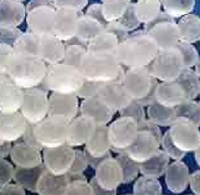
-PepsiCo to transition to 100% recycled PET in EU
Since 2018, when PepsiCo Inc. announced its intention to achieve 50 percent recycled PET usage across the European Union by 2030, technical developments have occurred that are allowing the company to speed up this ambition by a considerable margin.
Having already reached 30 percent toward its goal, the company today said it would completely eliminate the use of all virgin plastic from its Pepsi brand beverage bottles sold in nine European Union markets by 2022. Already, the company’s Tropicana, Naked Smoothies and Lipton Iced Tea brands are marketed in 100 percent recycled PET bottles across a number of EU markets. Petrochemical ChemicalRecycling Packaging
innovations in the use of recycled PET in carbonated drink bottles, improvements in the appearance of recycled plastic, and greater availability of recycled materials on the market have all combined to make it possible for PepsiCo to accelerate its progress.
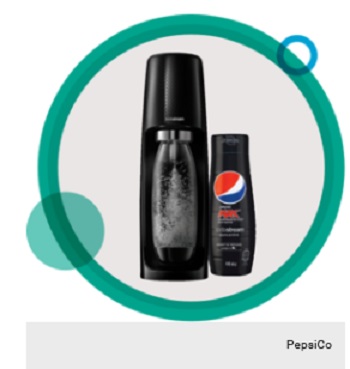
-SOCAR Polymer launches two new random copolymer polypropylene grades ideal for thin-wall packaging
Milliken’s Millad® NX® 8000 family of additives increases product clarity, reduces molders’ energy use
SOCAR Polymer has expanded its portfolio of high-performance polypropylene resins with the addition of its first pair of random copolymers (RCPs). These resins are designed to yield rigid packaging via thin-wall injection molding (TWIM), along with a host of other benefits. Petrochemical ChemicalRecycling Packaging
SOCAR Polymer, based in Azerbaijan, currently is marketing these materials to customers in Russia and other countries in the Commonwealth of Independent States. The company suggests that these new RCP grades will qualitatively complement its portfolio of PP products intended for the segment of rigid packaging produced by thin-walled injection molding.
The two new grades are RB 4545 MO (with a melt flow index of 45) and RB 6545 MO (with a melt flow index of 65). Those viscosities account for the majority of TWIM items made from random copolymers, according to Milliken, whose Millad® NX® 8000 family of clarifiers imparts many of the key properties to the resins.
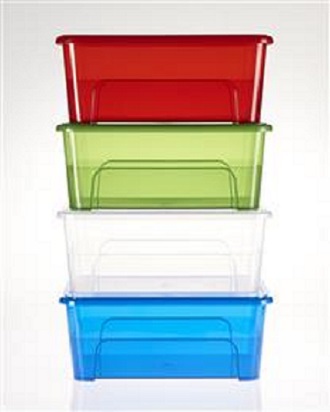
-Caprolactam still bullish in December despite changing logics
From October to November, China caprolactam market has been rising all the way for two months, but the logic of the push keeps changing. Initially, the market as driven by downstream demand, which gradually weakened into November, and then market was supported up by the cost, especially the price of benzene.
Bullish rise in upstream pushed the downstream up as a whole again. However, this logic was quickly over due to the retreat of styrene and benzene.
Instead, tightening CPL spot supply due to planned or accidental plant shutdown has gradually shouldered up the price. Petrochemical ChemicalRecycling Packaging
There is one thing elementary that downstream is still capable in following up, when upstream price driving forces keep changing in November. This is very important.
Entering December, more changes in CPL and nylon 6 chip plant issues may bring more uncertainty to both supply and demand.
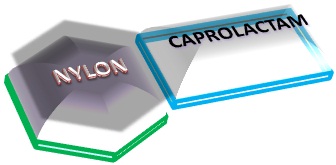
-How much will Chinese textile and apparel export mills benefit from RCEP?
China and 14 other countries, including Japan, South Korea, Australia, New Zealand and the ten ASEAN countries, have signed the Regional Comprehensive Economic Partnership (RCEP) Agreement on Nov 15, launching the world’s biggest free trade bloc, which is a major boost to Chinese textile and apparel export mills.
The RCEP is the largest free trade agreement in the world, which covers 30 percent of global GDP, and the number of final zero-tariff products in trade in goods will exceed 90% overall. Petrochemical ChemicalRecycling Packaging
Zero tariff in Free Trade Zone benefits fair competition
For textile and apparel export mills, the biggest benefit after the signing of RCEP is the breakthrough in tariff and non-tariff measures. RCEP members promise to realize zero tariff on more than 90% of goods in trade in the region through immediate tax reduction and gradual tax reduction within 10 years, so that the RCEP is expected to fulfill the promise of free trade in all goods in short. RCEP members except for Japan have signed free trade agreements with China, with limited marginal improvement.
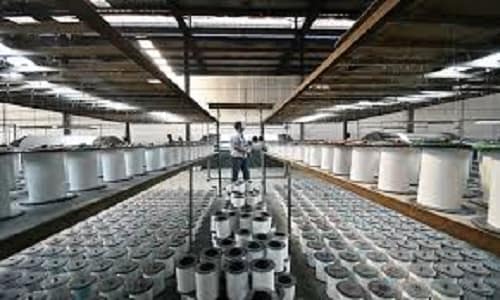
-Trinseo raises December PS an ABS prices in Europe
Trinseo, a global materials company and manufacturer of plastics, latex binders, and synthetic rubber, and its affiliate companies in Europe, have announced a price increase for all polystyrene (PS) an acrylonitrile-butadiene-styrene (ABS) in Europe, according to the company’s press release as of 2 December.
Effective December 1, 2020, or as existing contract terms allow, the contract and spot prices for the products listed below rose as follows:
– STYRON general purpose polystyrene grades (GPPS) — by EUR250 per metric ton;
– STYRON and STYRON A-Tech and STYRON X- Tech and STYRON C- Tech high impact polystyrene grades (HIPS) – by EUR250 per metric ton;
– MAGNUM ABS resins – by EUR305 per metric ton.
As MRC informed before, Trinseo last raised its prices for all PS, ABS and and acrylonitrile-styrene copolymer (SAN) grades on 1 November 2020, as stated below:
– STYRON GPPS — by EUR110 per metric ton;
– STYRON and STYRON A-Tech and STYRON X- Tech and STYRON C- Tech HIPS – by EUR110 per metric ton; Petrochemical ChemicalRecycling Packaging
– MAGNUM ABS resins – by EUR110 per metric ton;
– TYRIL SAN resins – by EUR80 per metric ton.
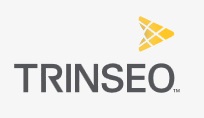
-Klopman gains STeP certification for Jakarta plant
Eight years after its creation, Klopman Argo International (KAI), Klopman’s joint venture with Argo Manunggal Textile, which was conceived to serve the Asian market with dedicated production at a new Jakarta plant, has reached an important milestone. Replicating the success of the company’s Frosinone, Italy plant, the Indonesian production site has now obtained the highest level (Level 3) of STeP certification by Oeko-Tex, a system specifically dedicated to the textile supply chain to ensure the use of eco-friendly technologies and products, an efficient use of resources and the adoption of working conditions in line with the highest international standards.
The STeP certification, an acronym for Sustainable Textile & Leather Production, is further proof of Klopman’s ongoing commitment to sustainability that allows the company to offer its customers all over the world the same standards in terms of quality and social responsibility, communicated in a transparent and effective way, says Klopman.
Petrochemical ChemicalRecycling Packaging
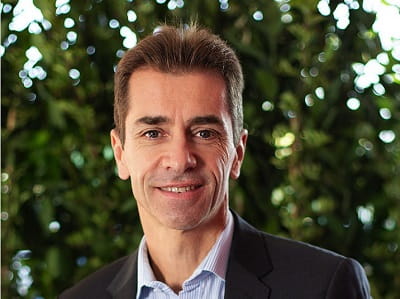
-China ACN prices hit year-to-date high in November on tight supply
China’s Acrylonitrile (ACN) surged to the year-to-date high in November amid growing speculations, bolstered by tight supply.
In this episode of the ICIS Asia podcast, Jady Ma speaks with Dan Lu, analyst for the ICIS China ACN market on recent trend and outlook.
ACN prices hit year-to-date high in November Petrochemical ChemicalRecycling Packaging
Major suppliers conduct intensive plants maintenance
Market focuses on downstream AF plants operation
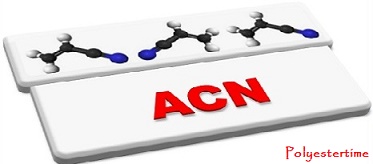
-Germany’s manufacturing orders exceed pre-pandemic levels, chem-pharma remains lower
Germany’s October manufacturing orders exceeded pre-pandemic levels from February for the first time this year, driven by auto industry orders, according to official data on Friday.
Orders were up 0.8% compared with February 2020, before the pandemic hit Europe in earnest in March causing a sharp fall in economic activity.
Month on month, orders rose 2.9% in October, from September; year on year, they were up 1.8% from October 2019. Petrochemical ChemicalRecycling Packaging
CHEM-PHARMA NOT THERE YET
In the chemical-pharmaceutical industry, however, orders rose month on month but are yet to reach pre-pandemic levels.
Led by domestic orders, the index rose in October to 104.9 points, from September’s 101.7 points, but year on year remains slightly lower (105.0 points in October 2019).
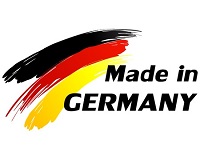
Petrochemical ChemicalRecycling Packaging
